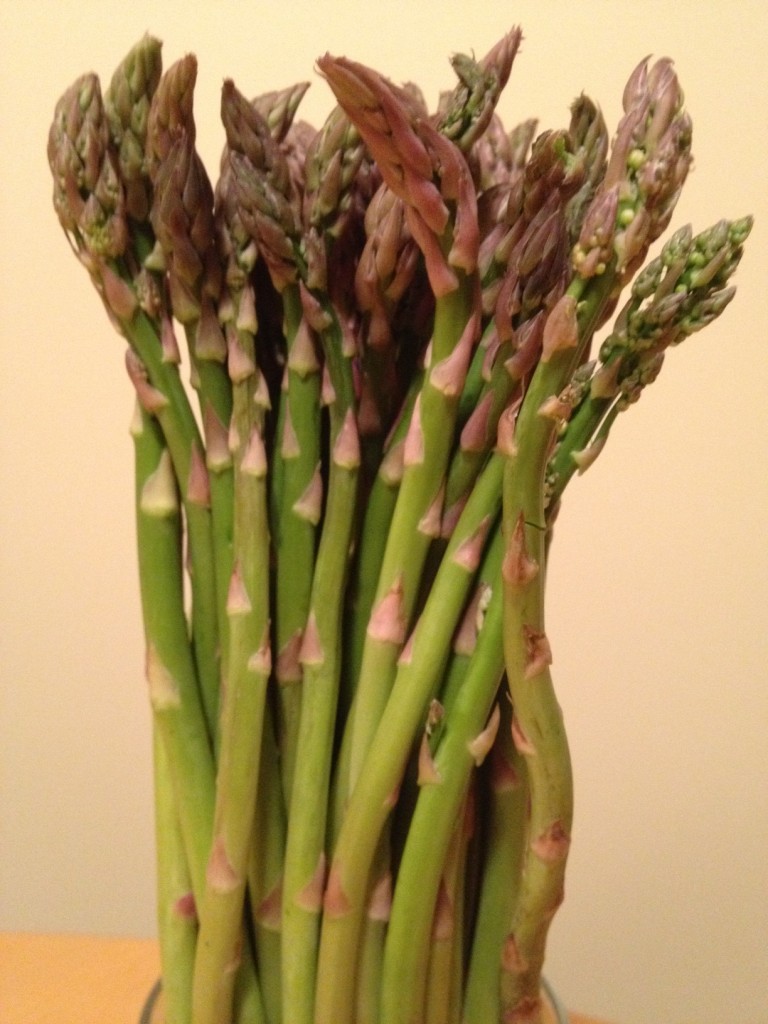

Soy-based foods, such as tempeh and miso.Foods that naturally contain probiotics include: You may prefer instead to focus on getting more probiotic foods to support your gut into your diet. This means that it’s hard to know whether you’re getting enough probiotics to have an effect. Food and Drug Administration (opens in new tab) (FDA). Probiotics supplements are generally considered safe to take, but they are not regulated by the U.S. Although you can find probiotics in certain foods, some experts suggest that taking a probiotic supplement can help to boost your digestion and your immune system. They help to balance out the bad bacteria in the gut to help your digestive system to function well. Probiotics are ‘good’ bacteria that already exist naturally in the body. Should I take probiotic supplements to improve my digestion? Avocados can be high in fat, although it is a heart-healthy fat. As with any food though, eat in moderation. AvocadoĪvocado (opens in new tab) is fiber-rich and has lots of vitamins and minerals that help the digestive system function healthily, such as potassium. So which fruits are low in sugar? Opt for berries and citrus fruits over apples, pears and mangoes.

Low-fructose fruits are easier for your body to tolerate and reduce the risk of producing too much gas and bloating. This is because the high fat content of these meats can trigger the colon to contract and produce ‘bad’ bacteria in the gut, increasing your risk of producing chemicals that clog arteries. Lean meats, such as chicken and turkey, are better than fatty red meats, such as beef or pork. (Image credit: Leafy greens photo (opens in new tab) via Shutterstock) Lean protein According to John Hopkins (opens in new tab) they also contain a sugar that helps the ‘good’ bacteria in your gut to thrive, improving your gut’s microbiome.

But they also contain vitamins and minerals essential to a healthy digestive system, such as vitamins C, K and A, and folate. Leafy greensĪny vegetable that’s green and leafy, such as spinach, kale, and chard, are also excellent sources of fiber. The increased fiber content of these foods will encourage your digestive cells to produce the fatty acids your gut needs to help the colon function well. Give white rice, pasta, and breads a swerve and opt for wholegrain alternatives such as brown rice, granary breads and wholewheat pasta. Wondering which foods can give your digestive system and overall wellbeing a boost? According to John Hopkins Medicine (opens in new tab), there are five foods you can eat to give a sluggish digestive system the kickstart it needs. So, it’s possible to use food as a tool to improve our digestive functions, and much more besides. Foods that can improve your digestionįood plays a hugely significant role in how our digestive system works. Your doctor can help to identify if you have another condition that needs treatment, such as ulcers or IBS. If your digestive system is causing you pain or discomfort, or affecting your everyday activities, seek medical help. Never take problems with your digestive system lightly, especially if you have an underlying health condition. (Image credit: Getty Images 676991798) Seek medical advice Related: Lemon water benefits: are there any?.Although there’s no official daily guidance on water intake, experts at the Mayo Clinic (opens in new tab) generally recommend that adults drink around 6-8 glasses of water every day. It’s particularly important to drink more water if you increase your dietary fiber intake or step up your exercise regime. Why is water important? Well, for starters, it can help to flush out toxins from your digestive system and reduce the chances of becoming constipated.

And you’ll probably find you enjoy the food you’re eating more, too! Drink more water Taking the time to sit down properly and chew your food slowly will help you take in less air while eating. In any case, common sense tells us that when we bolt our food without chewing properly, it results in more gas and bloating. Further research published in Integrative Medicine: A Clinician's Journal (opens in new tab) reveals that scientists are also exploring how it can improve digestion too. Eat mindfullyĪ study published in Obesity Reviews (opens in new tab) shows that slowing down how you chew and swallow your food can really help to boost weight loss.
DIGESTIVE JUMP STARTERS FREE
Check out these dairy free diet benefits to see if it could be worth a try. Some people also find that dairy can be a trigger for digestive discomfort. Avoid fizzy sodas, too much coffee, rich and spicy foods, and foods that are more likely to cause gas and bloating, such as beans. (Image credit: Getty Images) Cut out tummy troubling foodįoods that are a surefire shortcut to digestive problems are a no-no.


 0 kommentar(er)
0 kommentar(er)
